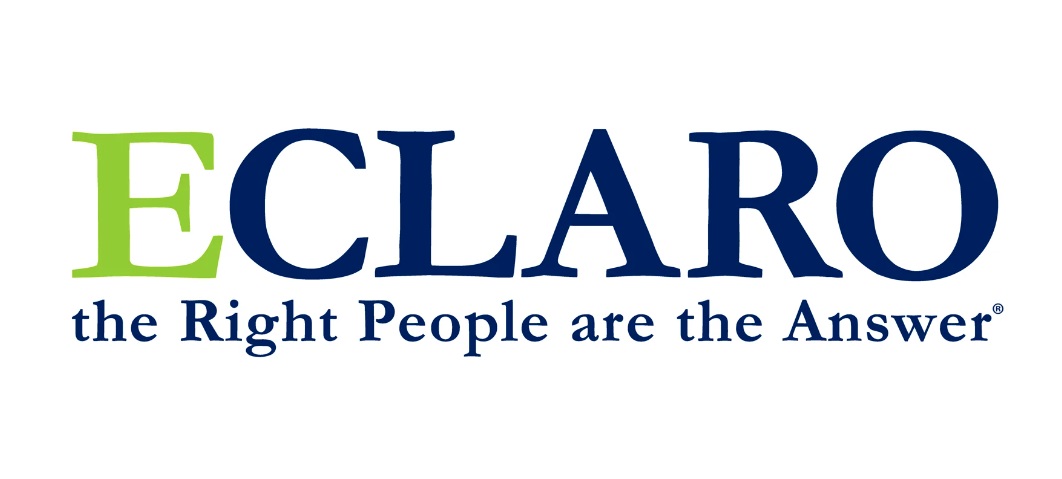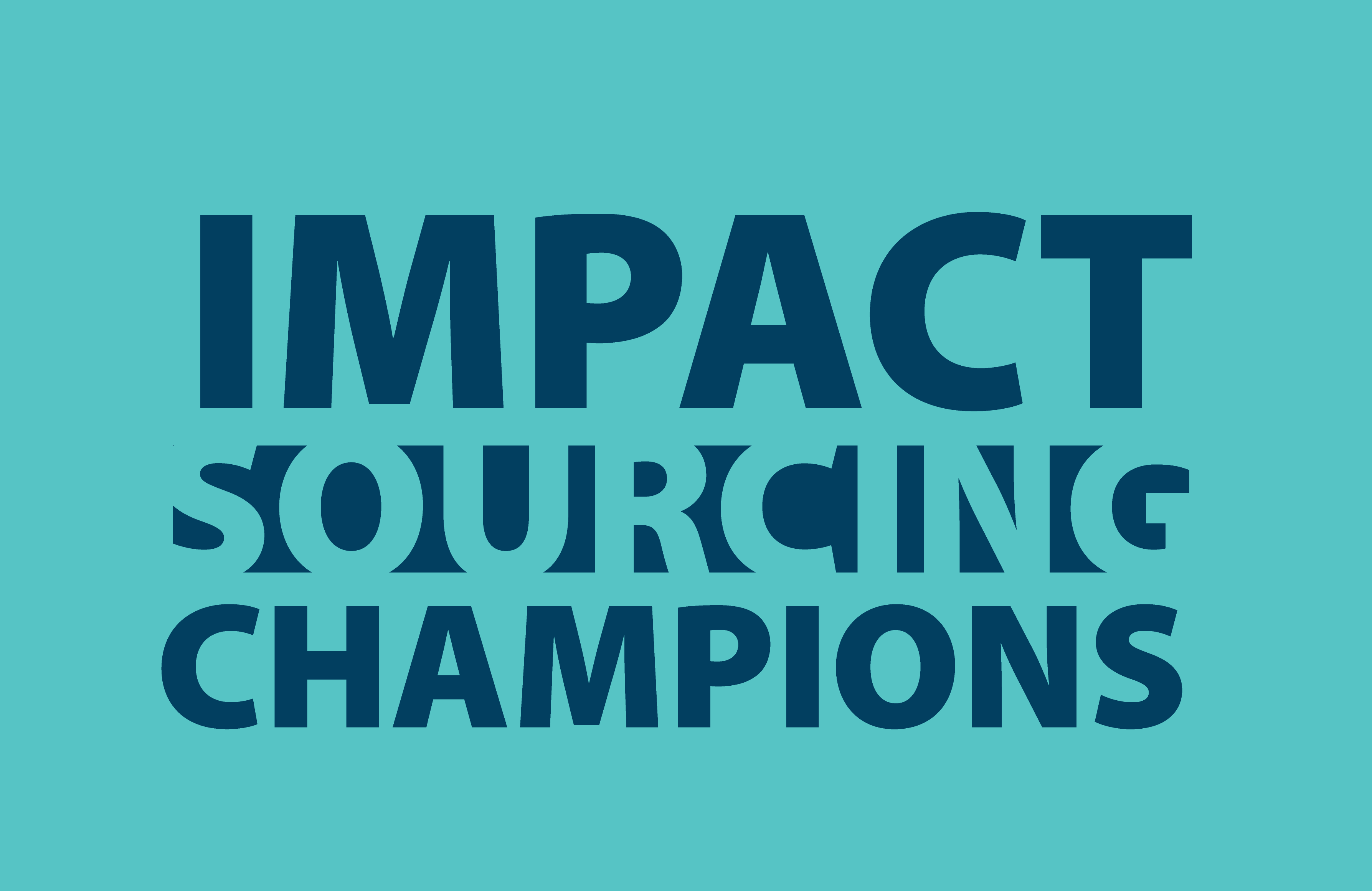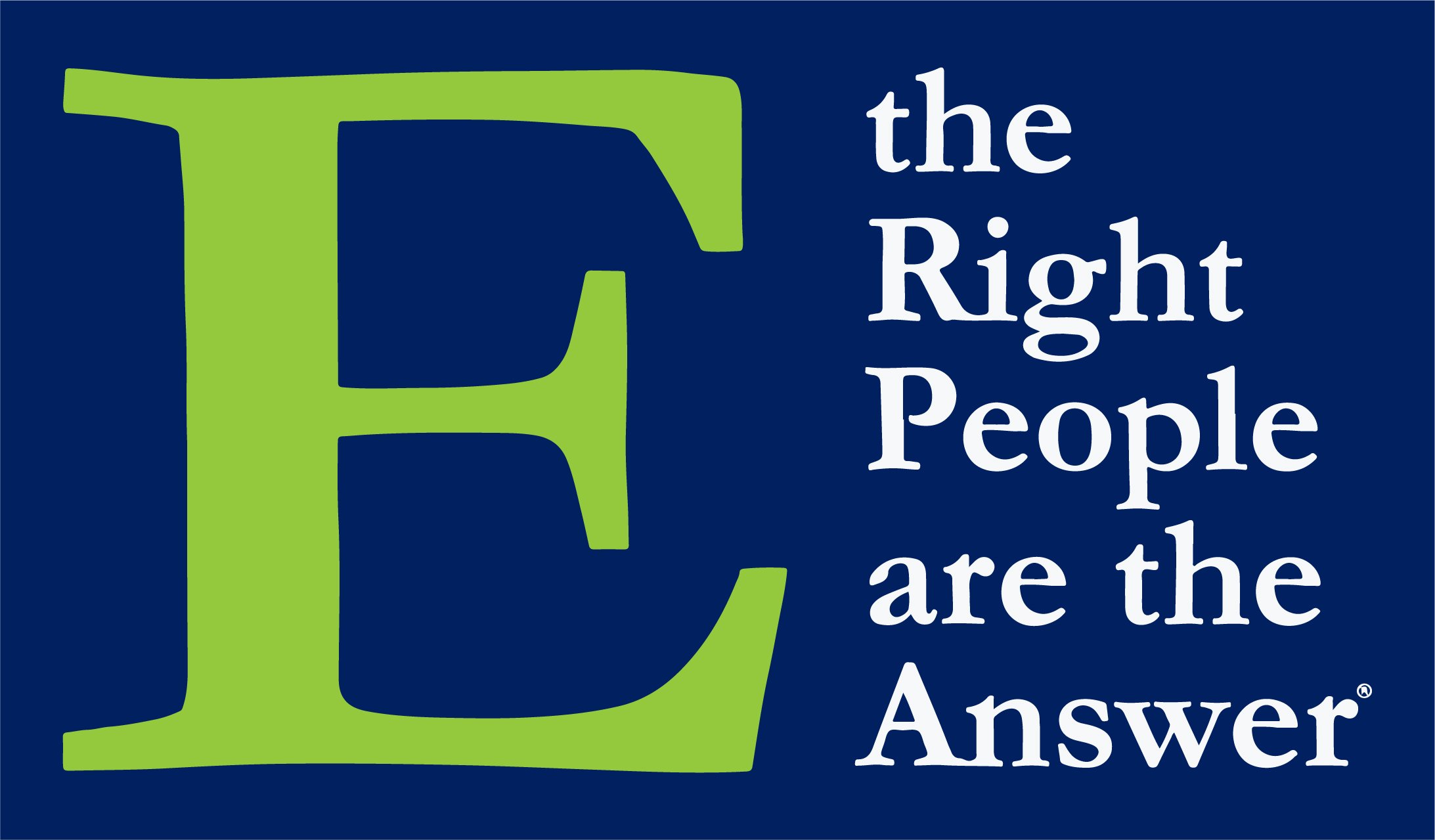Landing a job interview can represent a great opportunity for anyone looking to make a change or upgrade to their career path. But while requesting an interview can demonstrate a company's interest in you, it doesn't mean you've landed the job just yet. How you perform in the interview itself is going to make-or-break whether you get the job. Your resume and experience aren't enough — a company is going to want to evaluate you and how you handle answering questions under pressure. They'll want to know how you present yourself and if you're the right fit in their modern workplace.
Preparing for a job interview can be the difference between a company hiring you and passing in favor of the next candidate. With the right preparation, you can show your future employer that you have the soft skills needed to perform well in your role. Here are some best practices on how to prepare for a job interview.
Don't just list your experience - build a narrative
Your interviewer will likely ask you to guide you through your resume at some point during the interview or talk about your experience in some form or another. For some candidates, this is the opportunity to run through the skills and companies listed on your resume verbatim. But rather than telling the interviewer what they already know and can easily read, this is actually the time to tell your story and build a narrative around your career.
Are you applying for a position for which you have plenty of experience? Talk about how the other positions you've held have you prepared you for this opportunity. If you don't have any management experience but are applying for a management position, guide the interviewer through the different instances in which you've displayed leadership in your various roles. If you're applying for a position in a new field, use your prior work professional work history and skills to describe how you're prepared for a transition at this stage of your career. Focus on your ability to adapt and learn new skills quickly.
Do your research on the company
Before you meet with your interviewer, how much do you really know about the company itself? What is the organization's mission? What are the values the company holds dear? What kind of industry are they in? Do you know what type of work they perform or the kind of clients they generally support?
A simple visit to the company's website should give you many of these answers. You can also seek guidance from people you know. If you have friends or family who work at the company, ask them about their experience working there as well as about the work they do. You can also look at your LinkedIn connections and see if any of them work there, sending them a direct message for some background on the company before you interview.
Do your research on the role itself
If you're interviewing for a position, you've likely taken at least a cursory glance at the description of the role and job title. But before your interview, make sure you have an intimate knowledge of the job requirements and are able to address your qualifications for each one during the interview itself. If there's anything within the description you aren't qualified for, have an explanation ready for that as well.
Many of your interviewer's questions are going to focus on the role itself. You want to limit the number of questions that come as surprises to you. If you understand all aspects of the job responsibilities, no questions about them will catch you off guard.
Have questions ready for your interviewer
At some point during the interview, your interview will ask, "Do you have any questions for me?" You should definitely take this opportunity when offered to you. Asking questions showcases your analytical and critical thinking skills. Some examples of topics you'll want to ask about include:
- General questions about the company or role itself
- The company's management style or approach
- The company's culture
- The interviewer's experience working with the company
- A typical "day in the life" of someone assuming the position in question
- Expectations, key performance indicators, and metrics for the role
Don't ask about salary or benefits like vacation time just yet — these are questions for a recruiter or HR rep after both parties decide to move forward. Focus on the company and the role.
Asking questions doesn't just make you look like a prepared candidate. It also gives you valuable insight into the company and position. It will help you evaluate whether you want to accept the role or not.
Look the part
Interviews come in many formats. Most interviews in the past were face-to-face, though that's quickly becoming a thing of the past. In our current climate, video conference interviews are becoming more and more popular. Some interviews take place over the phone. If you're interviewing in-person or via Skype or Zoom, it's important to look presentable. Decide what you are most comfortable with, based on the company. Sometimes a suit is the right choice, and in some cases, business casual can be a perfectly acceptable way to present yourself. Whatever you would wear to an in-person interview should be replicated if it is a video interview. What matters is that you appear professional and well-groomed. That means combing your hair and wearing clothes that are clean and pressed.
You may think interviewing over the phone gives you a pass on this, and it certainly is possible that you could get a job while interviewing in your pajamas if no one can see you. But dressing professionally and preparing like it's a face-to-face interview, even if no one can see you, helps put you in the right mindset.
Test your IT systems before the interview
If you're interviewing virtually, you'll want to ensure your internet connection is working and your video conferencing software is functioning correctly. Log on a few hours early to test all systems to avoid any hiccups during the actual interview.
Preparing for a job interview may seem like a lot of work, and it certainly can be. But if you do the work necessary prior to the interview and combine that with a resume that your employer is excited about, you increase your chances of landing the job exponentially.
Interested in finding a new job? Visit our careers section on the Eclaro website.




